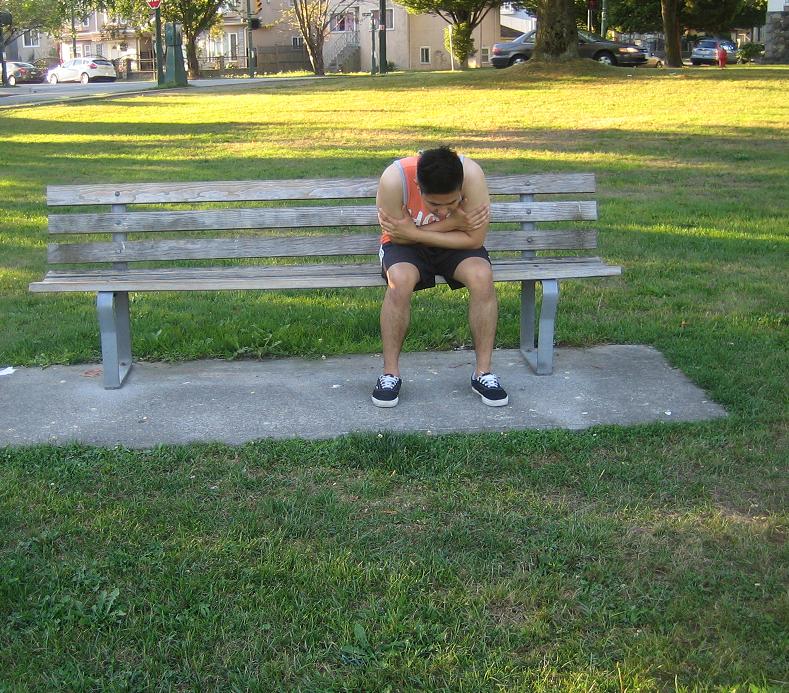Fact Checked
Altitude sickness is likely to develop if an individual rapidly climbs to areas of higher altitudes. This is triggered by the diminishing amount of oxygen at high altitudes.
Self-care measures
- Do not continue to climb until the symptoms improve.
- The individual should rest and keep his/her body warm.
Provide a pain medication such as acetaminophen for the headache. - Provide a pain medication such as acetaminophen for the headache.
- In case the symptoms persist, the individual should not climb higher and descend to a lower area.
- If the symptoms worsen, a portable hyperbaric chamber can be utilized to provide an area with lower altitude.
- The higher the altitude in which a hyperbaric chamber is used, the higher the evident descent can be simulated.
Medical care for altitude sickness
- Moving down to an area with lower altitude or delaying further climb are the usual measures to be done until the symptoms settle.
- Oxygen (2-4 liters per minute) can be given to improve the oxygen saturation of blood.
- Pain medications such as aspirin, ibuprofen or acetaminophen can be used for headaches.
- When it comes to nausea, the doctor might prescribe an anti-nausea medication that also enhances the ability of the body to increase the breathing rate as a response to the low-oxygen environment.
- Sleeping pills for insomnia should not be used. These are considered dangerous since they slow down the breathing. In some cases, though, the doctor might prescribe them under certain circumstances.
- Acetazolamide is a diuretic that might be prescribed by the doctor to hasten acclimatization. This drug works by increasing the elimination of bicarbonate in the kidneys. This reduces the blood pH which stimulates additional breathing that results to increased levels of oxygen in the blood. Additionally, it also fixes the nighttime disruptions in breathing as well as improves the symptoms of insomnia.


